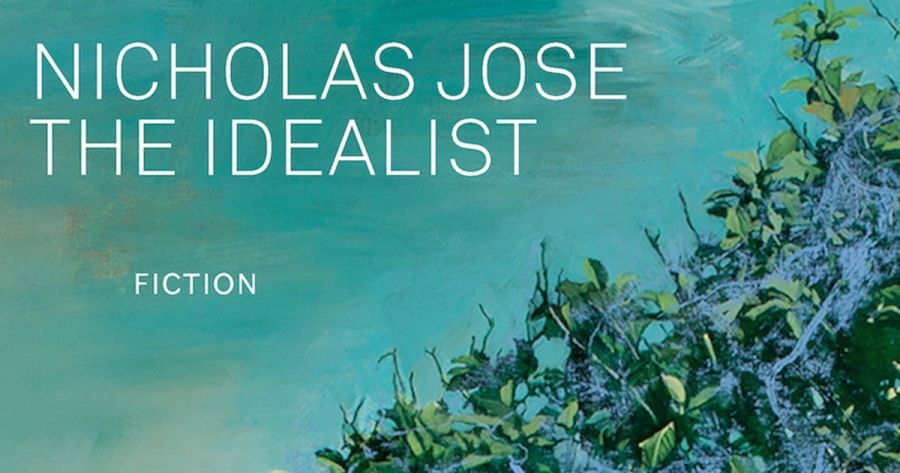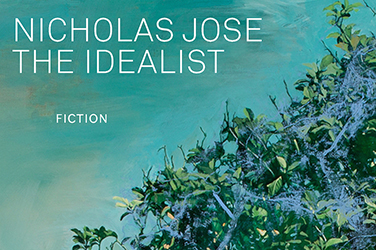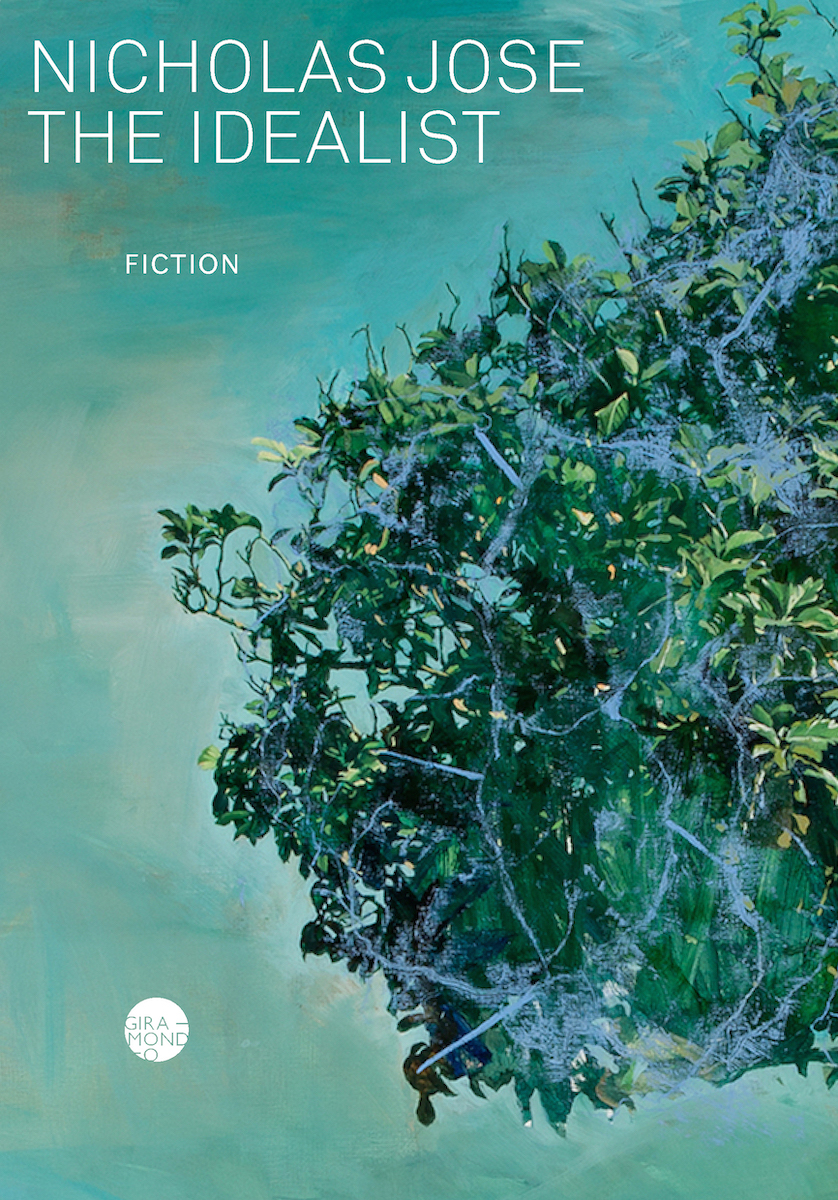
- Free Article: No
- Contents Category: Fiction
- Review Article: Yes
- Article Title: The extractive nation
- Article Subtitle: A novel of troubled manners
- Online Only: No
- Custom Highlight Text:
One striking feature of Nicholas Jose’s fine new novel is its principled versatility. Set in multiple locations – Adelaide, Washington, DC, East Timor – and introducing alternative narrative voices, Jose evokes a world of complex intersections comprising many different angles and viewpoints. As a former diplomat himself, he writes with expert knowledge of a variety of professional and personal environments. His novel ranges across the ‘loyalties and long memories’ of lives rooted in Adelaide, along with some of the city’s ‘dunderhead complacencies’, while also presenting an insider’s view of diplomatic exchanges in Washington, DC and Canberra.
- Featured Image (400px * 250px):

- Alt Tag (Featured Image): Paul Giles reviews 'The Idealist' by Nicholas Jose
- Book 1 Title: The Idealist
- Book 1 Biblio: Giramondo, $32.95 pb, 280 pp
- Book 1 Cover Small (400 x 600):

- Book 1 Cover (800 x 1200):

Unusually for a novel, The Idealist includes as an appendix a list of fifteen non-fiction books about East Timor for ‘further reading’, and there is no doubt about the author’s desire here to explore thoroughly and sincerely the country’s history. Jose himself has also worked at universities in Adelaide and Sydney, and this dimension of The Idealist self-consciously addresses these themes from an embedded academic, though never dry, perspective. The novel probes the different kinds of idealism available to Jake: the patriotic love of one’s own country recommended by his school friend Henry Hunt, now working in the Department of Foreign Affairs in Canberra, as opposed to the cause of the East Timorese people, to which Jake eventually becomes a ‘convert’. Mediated by his affection for Elisa, who ‘shone from within with faith and love’, this emotional investment in the resistance of East Timor becomes, for Jake, a way of envisioning ‘something absolute, beyond what he knew, existing apart from the checks and compromises of his settled life’. Jake’s reported ‘wish to be part of Elisa’s cause unconditionally’ suggests that he is not entirely aware of his own motives for this involvement, and Jose’s subtle strategy of narrating Jake’s section in the third person, as opposed to the first-person narration granted to his wife, Anne, has the interesting effect of strategically distancing this central character from the reader, so that he becomes an object within the story rather than just its dominant subject.
Elisa herself does not seem to be as convincingly drawn as the novel’s more conventional characters, with the author being particularly adept at depicting the double face of the diplomatic corps, including an Australian ambassador in Washington who is ‘practiced at smiling when he opposed something’. Other minor characters, including Gavan, the Australian minder in East Timor, and Case, Jake’s American diplomatic friend in Washington, are also very well drawn, often with an astute comic brio. Though the novel is set partially in East Timor, it seems to carry as a parallel political context the push of Indigenous people in Australia for some form of self-determination, with the East Timor movement being a distant mirror of current events in Australia. This, of course, works to endorse the novel’s bifocal vantage point. Jake harshly critiques Australia at one point as ‘the extractive nation, thinking it owns the earth and the sea’, where financial interests are ‘disguised as national interests’.
One obvious question to ask about this novel is whether its political and psychological aspects are brought seamlessly together. Jose’s scope is so broad and ambitious that it raises doubts about the extent to which Jake’s growing detachment from his Adelaide loyalties and domestic roots is corroborated or justified by his experience of the political events he witnesses in East Timor, as described here. At some points, I thought the novel might more aptly be entitled ‘The Fantasist’, given Jake’s projection of the obscure Elisa as his ‘beacon of light’ and her pivotal role in the narrative. But this would be unfair, since Jose is skilful at addressing many different sides of these questions, which are also raised in a more sceptical fashion by Gavan and Jake’s other diplomatic handlers. The book’s central theme, one to which it offers no easy or polemical answers, is the way in which idealism of various kinds effectively destabilises home life, with all of its comfortable and familiar assumptions, along with the personal and political gains and losses involved in such a process of displacement.
The novel ends with a ‘coda’ from Anne and a legal resolution that accommodates the fallout from Jake’s mysterious death, with which the novel opens. Anne’s earlier summation that Jake has the ‘quiet gift of making conflict go away’ is thus embodied as the book goes along, with turbulence in both public and private life being reconciled within polite civic norms. At some level this is a novel of manners, but it is a novel of troubled manners, where unsettling issues of all kinds disrupt the smooth surfaces of Australian life. Eminently readable and wide-ranging in both style and substance, The Idealist makes a notable contribution to the engagement of Australian literature with the wider world, even if the novel seems at its strongest in its scenes of Machiavellian diplomacy rather than its more transcendent claims for the idealism of ‘peace and justice’.


Comments powered by CComment